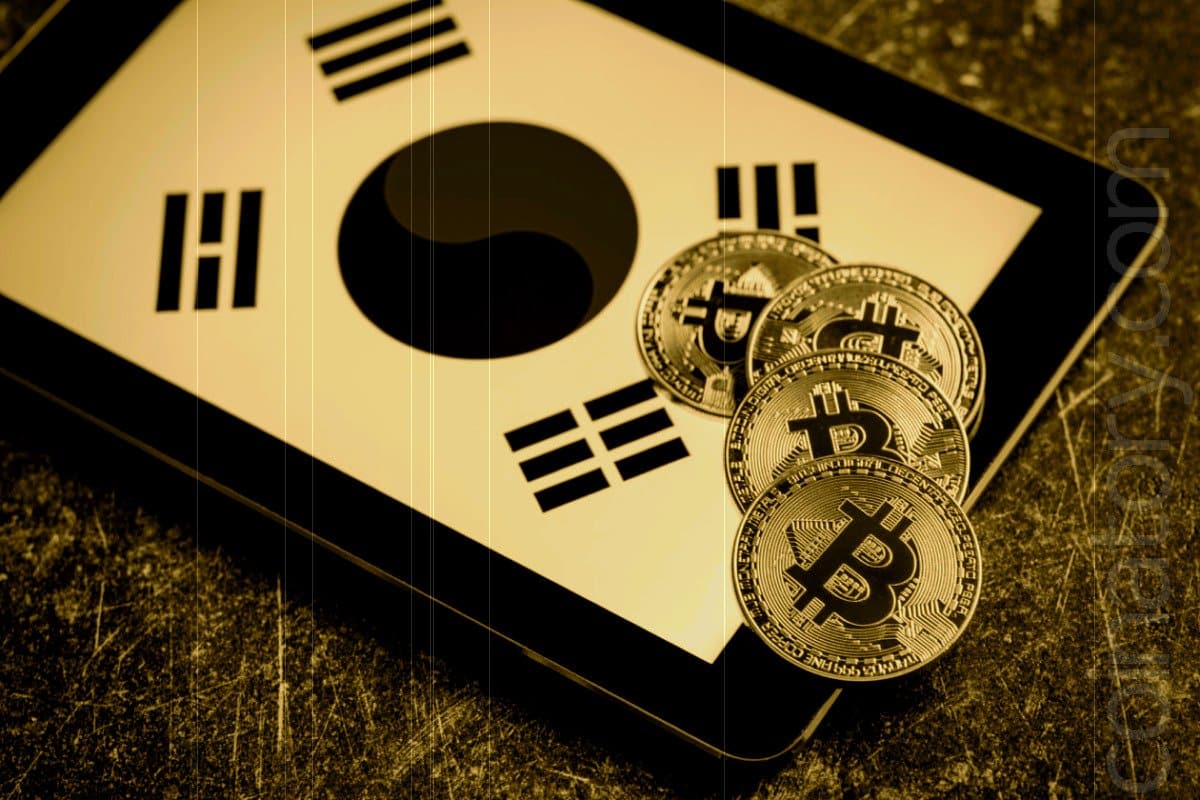
Lee Jae-myung, the leader of South Korea’s center-left Democratic Party, has officially taken office as president following a sweeping victory in the June 3 snap election, marking a significant political shift in the country and signaling a new era of crypto-friendly governance.
In the National Election Commission’s near-final findings, Lee received more than 49% of the vote, more than conservative opponent Kim Moon-soo of the People Power Party, who received 41%. Nearly 80% of South Korea’s 44.4 million eligible voters cast ballots, which is the greatest turnout for a presidential election since 1997.
Following months of political unrest brought on by former President Yoon Suk-yeol’s declaration of martial law in late 2024, the election was held. It is anticipated that Lee’s rise will reorient the nation’s policy goals, especially in the areas of digital innovation and finance.
Agenda for Crypto-Forward Policy
Lee ran on a platform that was overtly pro-crypto. Allowing South Korea’s $884 billion National Pension Service to invest in Bitcoin and other cryptocurrencies is one of his main recommendations. To bring South Korea into line with new international trends in cryptocurrency investment vehicles, he has also promised to allow Bitcoin exchange-traded funds (ETFs).
Lee has also suggested the introduction of a stablecoin backed by Korean won in an effort to modernize domestic finance and stop capital flight. “We need to establish a won-backed stablecoin market to prevent national wealth from leaking overseas,” he stated in a policy forum in May.
With Lee’s suggestions, South Korea might become a pioneer in the integration of controlled digital assets. His opponent, Kim, implicitly supported his crypto policies by endorsing spot crypto ETFs and a deregulated environment for the use of digital assets.
Increase in Bitcoin Due to Election Results
On South Korean exchanges including Bithumb and Upbit, Bitcoin surged to ₩149 million (about $108,480) in response to Lee’s triumph. Compared to international exchanges, where Bitcoin temporarily exceeded $106,600 before a minor drop, this indicates an almost 2% kimchi premium.
Greater Policy Difficulties to Come
Although the new president’s crypto agenda has attracted attention from around the world, his administration is confronted with more significant geopolitical and economic obstacles. These include rising regional tensions, the dynamics of trade between the United States and South Korea, and inflationary pressures.
In addition, Lee wants to increase investment in artificial intelligence, strengthen defense capabilities, and overhaul the country’s judicial system. Notably, as part of larger labor changes, he is in favor of a four-and-a-half-day workweek.
It is unclear if Lee’s administration would give crypto integration top priority early in his tenure. Nonetheless, a strategic move towards financial innovation is highlighted in his policy framework as a fundamental tenet of South Korea’s economic future.







